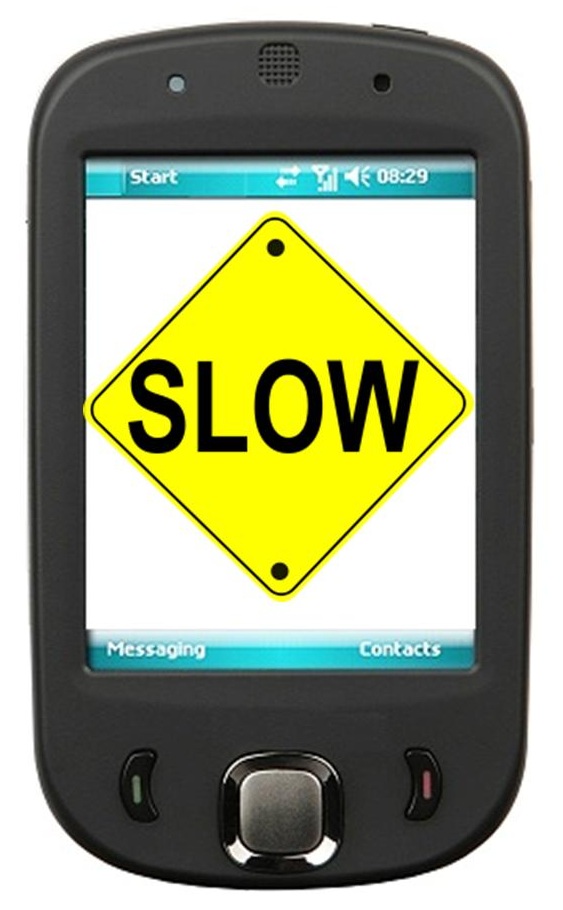Recent research has investigated the way that the retail landscape is changing because of smartphones and tablets.
The latest results of a market research study from uSamp and iModerate have just been released and have produced some insight regarding the role that mobile commerce is playing within the current shopping ecosystem.
These findings have specifically focused on the motivations and barriers faced by consumers.
The study concentrated on the main drivers and struggles that consumers were facing in terms of mobile commerce in addition to providing some insight as to their shopping behaviors such as what they are buying, where they are making their purchases, and which devices they prefer.
The study was a form of mobile commerce hybrid market research exercise to allow businesses to optimize their strategies.
 The research was a part of the Marketplace Insights series that has been produced by premier technology provider, uSamp, and leading qualitative research firm, iModerate. The respondents to the survey helped to provide greater insight into the impact that mobile commerce is having on the overall shopping environment.
The research was a part of the Marketplace Insights series that has been produced by premier technology provider, uSamp, and leading qualitative research firm, iModerate. The respondents to the survey helped to provide greater insight into the impact that mobile commerce is having on the overall shopping environment.
The study indicated that even though mobile commerce is growing in popularity, it is still facing certain considerable barriers. Among them are functionality and security. At the same time, though, the consumers who have embraced shopping over their smartphones and tablets, they did have a limit to the amount that they were willing to spend over those devices. The research suggested that the average number of dollars those individuals are spending is $491.
The survey results indicated that people purchase different items over mobile commerce depending on the device that they are using to shop. Among the primary categories were movies, music and games (64 percent of smartphone users have purchased from this category), and books (60 percent of tablet users have purchased from this category). Another category of note was groceries, where 26 percent of smartphone users had made a purchase.
According to the report on the study, the findings regarding mobile commerce purchasing behaviors align very well with the way that a certain product translates through the use of a specific type of device.

 A recent study has shown that many shoppers are turned off of the struggles from going mobile.
A recent study has shown that many shoppers are turned off of the struggles from going mobile.